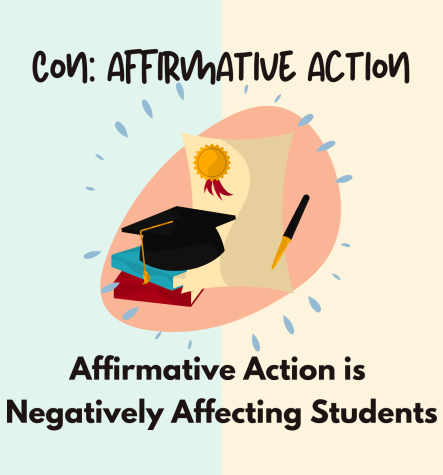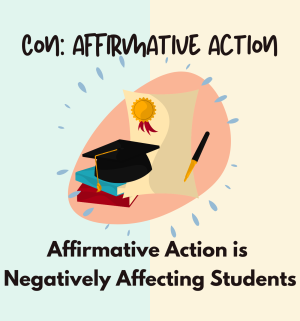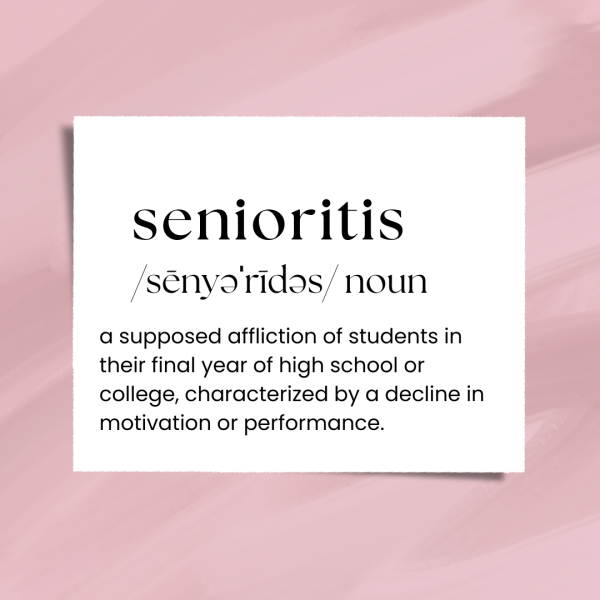Affirmative Action – pro
Affirmative action is beneficial to students.
May 9, 2022
Affirmative action is a set of policies aimed to remove the possibility of discrimination against applicants and has been applied to employment, campaigns, and programs. Why is it not being applied to one of the most competitive selection processes of college admissions?
It is not a surprise that students of color have been underrepresented in colleges and university campuses all across America for decades. Affirmative action intends to make colleges more conscious in their assessment of applicants and to ensure an equal opportunity for all students regardless of race, income, or identity.
One study from the University of Washington described the 23% point decline for students of color (Hispanics, Blacks, etc.) in the possibility of admission into selective public colleges following a ban on affirmative action by law. College admissions consider many factors in a student application: academic performance, extracurricular activities, application essays, race or ethnicity, family income, and interviews; the list goes on.
“We don’t want the people who start off with privilege to just get more and more ahead while the gap becomes too wide. White supremacy [those who advocate for myths like helping POC access education that results in discrimination against Asians] is pinning minorities against each other. If you look at how the policy is set up—where your race should be considered—it’s not like you’re going to have a better chance at college admissions,” said Louisa Landhuis (‘23).
While race comes into factor, income is another detail of a student’s application that colleges put into consideration for an applicant’s admission. Affirmative action is a set of policies that not only aims to make a race-conscious admissions process but also aims to provide opportunities to minorities that have less access to them in society through financial difficulties. The wealth of a family could mean an increased number of opportunities for their children that will push them above the competition: competition between other teenagers who weren’t born with the same privilege.
“I think that affirmative action is an idealistic method to promote social mobility, as it’s trying to essentially combat “unfairness” and measure how much people take advantage of the situation [of affirmative action]…because that would theoretically translate into college [admissions],” said Gryphon Kumfert (‘22).
Having a race-conscious admission process—affirmative action—would mean looking beyond the traditional admission benchmarks that could easily make the application of students of color unnoticed and skipped in review.
“I view affirmative action, like the whole system, as a framework put in place because people are trying to be conscientious of systemic racism and discrimination, but these systems need to be put in place when they [the students] start receiving education, instead of just at the final lap, and claiming we [the colleges] offer equal opportunities for all students of different nationalities and races,” said Tho Nguyen (‘23).
Keeping and enforcing affirmative action for college admissions would mean promoting diversity that’s, unfortunately, lacking in many campuses across the United States and beyond. Lifting the ban–for eight states including California, Washington, Michigan, Nebraska, Arizona, and Oklahoma through voter referenda–would be a step toward eliminating the systematic barriers present in the ever-changing American education system.















